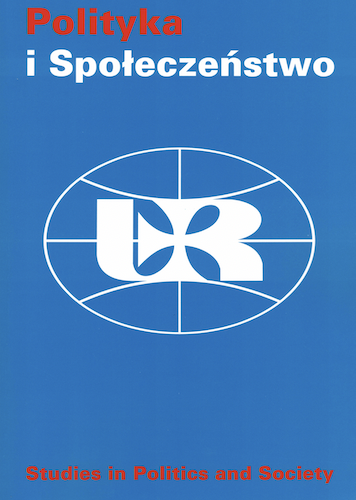Projekcja miękkiej siły Estonii jako konsekwencja udanej transformacji
Estonia’s projection of soft power as a consequence of successful transformation
Author(s): Kamila SierzputowskaSubject(s): Politics / Political Sciences
Published by: Wydawnictwo Uniwersytetu Rzeszowskiego
Keywords: Estonia; soft power; digital society; digitization; e-government
Summary/Abstract: After regaining independence in 1991, Estonia began rebuilding the country after decades of the control of the Soviet Empire. The assumptions of the systemic transformation were crucial to the reborn state. In addition to the fundamental political, economic, and social changes that have been carried out, they allowed, above all, a geopolitical reconfiguration of the country, enabling a steady rise in the republic’s importance in contemporary international relations. The decisions adopted in the 1990s by Estonian governments led to a complete modernization of state management. Aware of their own abilities, the Estonian authorities were on the look-out for optimal ways to create an effective administrative apparatus and to facilitate a rapid economic growth of the state, and to this end they implemented digital solutions. As it was not possible to base one's "strength" on traditional hard power indicators: military, economic or geostrategic potential, it was decided to use soft sources of political influence. Moreover, the necessity to create a new administrative system contributed to the digital development of the state. Contemporary Estonia – equipped with a portfolio of unique soft power resources, is a modern digital state. Dictated by limited human and financial resources, Estonia adopted digitization as the optimal development opportunity, and its success in building an advanced digital society meant that the soft power projection not only strengthened its credibility, but also influenced the preferences of countries (local, regional, state governments) with digital ambitions and those who still want to benefit from the experience of the Estonian e-government.
Journal: Polityka i Społeczeństwo
- Issue Year: 19/2021
- Issue No: 03
- Page Range: 144-159
- Page Count: 16
- Language: Polish

